If nuclear testing is a "red line" that Moscow has set in case Ukraine is allowed to use long-range missiles supplied by allies to attack Russia, would the West dare to cross it? Who will pay a higher price in this battle of wits?
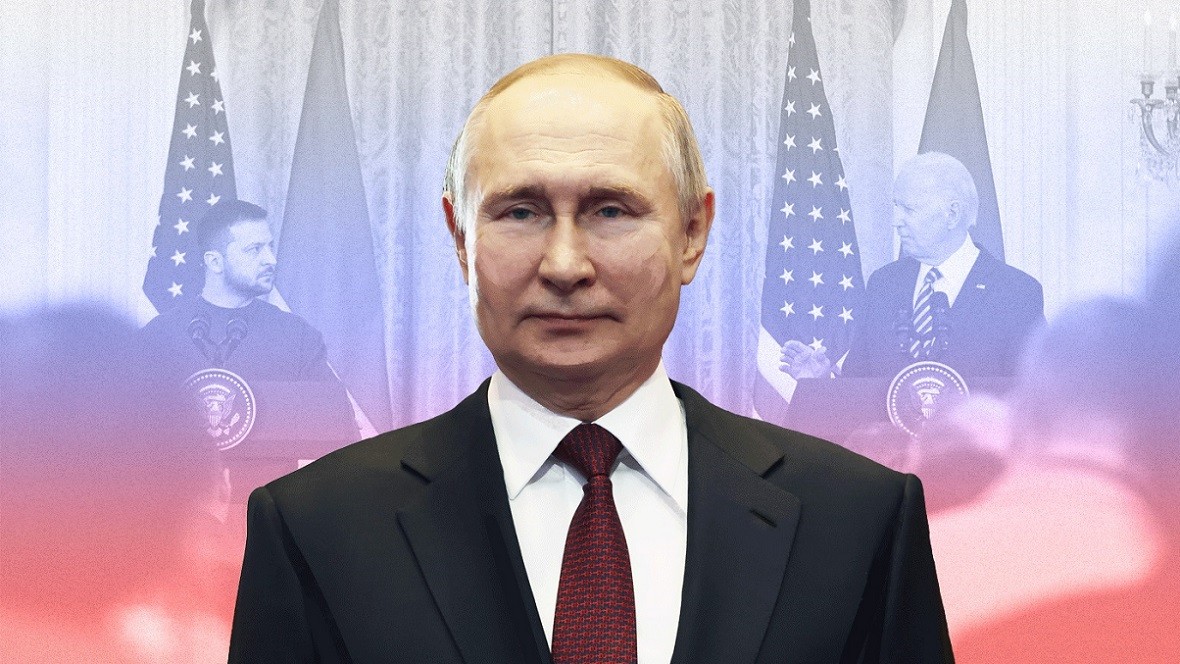 |
| In the current context, it cannot be ruled out that Russian President Vladimir Putin will send some nuclear messages. (Source: AP) |
Nuclear message
On September 12, Russian President Vladimir Putin stated that the West would directly confront Moscow if it allowed Ukraine to use long-range missiles to attack Russia, which would change the nature of the conflict.
The leader declared there would be an “appropriate” response but did not specify what that response would include. However, in June 2024, Putin spoke of the option of arming Western adversaries to attack Western targets abroad and deploying conventional missiles within range of the US and its European allies.
If the West allows Ukraine to use long-range missiles to attack Russia, how will Moscow respond? That's the question experts are asking, along with several predicted scenarios.
Ulrich Kühn, a weapons expert at the Institute for Peace and Security Policy Research in Hamburg, Germany, believes it cannot be ruled out that President Putin will send some kind of nuclear message – for example, by testing nuclear weapons in an attempt to threaten the West.
"Besides using nuclear weapons, what other cards does Putin have if the West continues to support Kyiv?", expert Ulrich Kühn asked.
Russia has not conducted a nuclear weapons test since 1990, a year before the collapse of the Soviet Union. According to expert Ulrich Kühn, a nuclear test would be a novel event and a scenario that cannot be ruled out.
In an interview, Gerhard Mangott, a security expert at the University of Innsbruck in Austria, said he also did not rule out the possibility of President Putin conducting a nuclear test.
Gerhard Mangott said: “Moscow is capable of conducting a nuclear test. They have made all the necessary preparations.”
Russian Ambassador to the United Nations Vassily Nebenzia stated at the UN Security Council on September 13 that the North Atlantic Treaty Organization (NATO) would “directly engage in hostile actions against a nuclear power” if it allowed Kyiv to use longer-range weapons against Moscow.
Mr. Nebenzia emphasized: "People should not forget this and should think about the consequences."
Russia, the world's largest nuclear power, is in the process of adjusting to the scenarios in which it would use nuclear weapons.
Taking a tough stance against Britain, escalating the conflict.
Another approach Moscow could pursue is to threaten Britain. London is inclined to support Kyiv's use of Storm Shadow cruise missiles to strike targets in Russia.
Former Kremlin adviser Sergei Markov stated on September 13th that Russia is capable of closing the British Embassy in Moscow and the Russian Embassy in London, attacking British drones and fighter jets near Russia, for example over the Black Sea, and possibly firing missiles at F-16 fighter jets carrying Storm Shadow missiles at their bases in Romania and Poland.
Previously, President Putin had not drawn red lines for the West. But his latest warning about long-range missiles is being seen both inside and outside Russia as something he will have to do if London or Washington allow their missiles to be used against Moscow.
Expert Ulrich Kühn also added that, in addition to nuclear threats or attacks on British assets, more predictable responses could include Russia intensifying attacks on Ukraine's civilian infrastructure.
Are President Putin's words "worth anything"?
According to expert Mangott, the danger for the West is that they don't know where President Putin's "red lines" really are.
Currently, both the US and the UK appear to be ignoring President Putin's warnings. On September 13th in Washington, British Prime Minister Keir Starmer and US President Joe Biden held talks on whether to allow Ukraine to use the US ATACMS long-range missiles or the UK Storm Shadow missiles to target objectives in Russia.
London appears to be seeking Washington's approval to allow Kyiv to use British Storm Shadow missiles to expand its attacks on Russia.
President Biden's approval may be necessary because components of Storm Shadow are manufactured in the United States. Starmer said negotiations will continue as global leaders gather at the annual session of the United Nations General Assembly this month.
Speaking to reporters ahead of a private meeting with Prime Minister Starmer, President Biden said he wanted to make it clear that Putin would not "win" in this conflict.
And when asked what he thought of President Putin's warning, Biden replied, "I don't think much of him."
On the same day, September 13, US Defense Secretary Lloyd Austin emphasized that decisions regarding providing military assistance to Ukraine are currently very complex.
Meanwhile, Lieutenant Colonel Charlie Dietz, a Pentagon spokesman, said the ATACMS tactical ballistic missile would not be the answer to the main threat Kyiv faces from Russian long-range glide bombs, fired from a distance of more than 300 km (185 miles), beyond the reach of ATACMS.
Source: https://baoquocte.vn/xung-dot-nga-ukraine-lo-la-bai-moscow-chua-dung-den-phuong-tay-dang-phot-lo-lan-ranh-do-ai-se-phai-tra-gia-cao-hon-286633.html









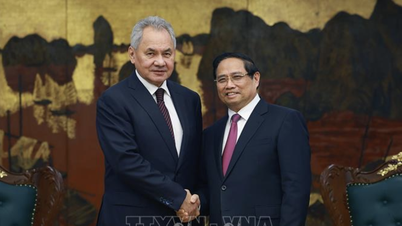

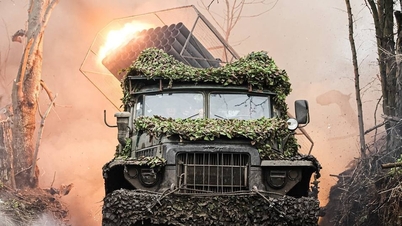
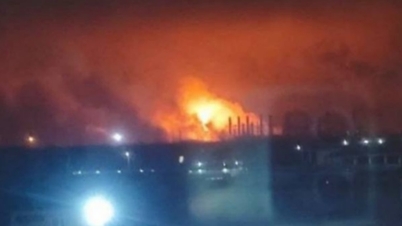


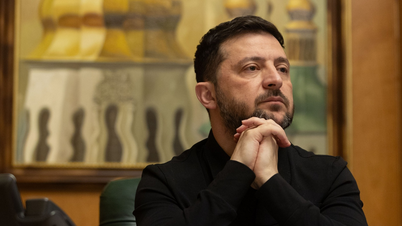

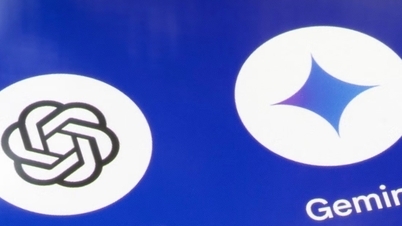


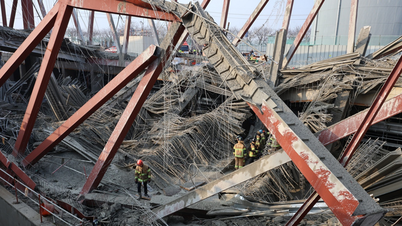
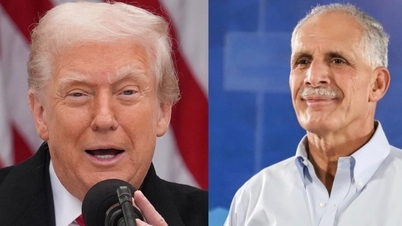





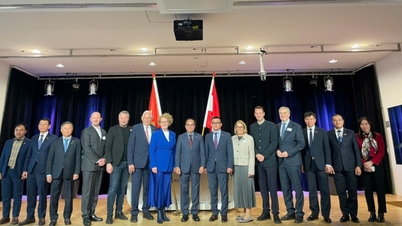
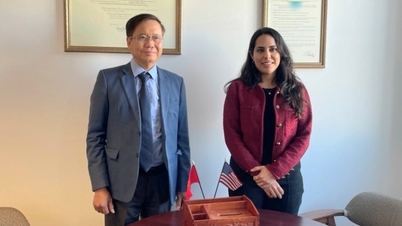

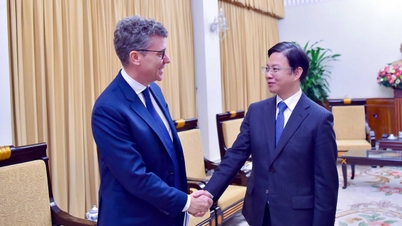
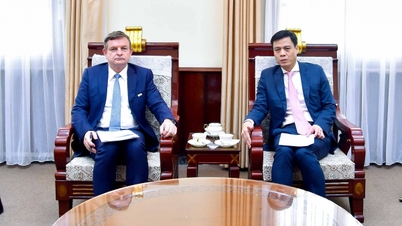
![[Photo] Prime Minister Pham Minh Chinh holds a phone call with the CEO of Russia's Rosatom Corporation.](/_next/image?url=https%3A%2F%2Fvphoto.vietnam.vn%2Fthumb%2F1200x675%2Fvietnam%2Fresource%2FIMAGE%2F2025%2F12%2F11%2F1765464552365_dsc-5295-jpg.webp&w=3840&q=75)














































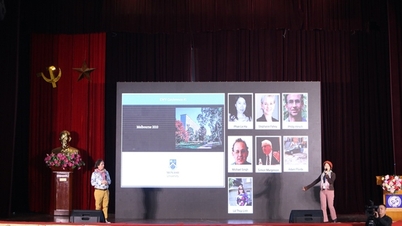
























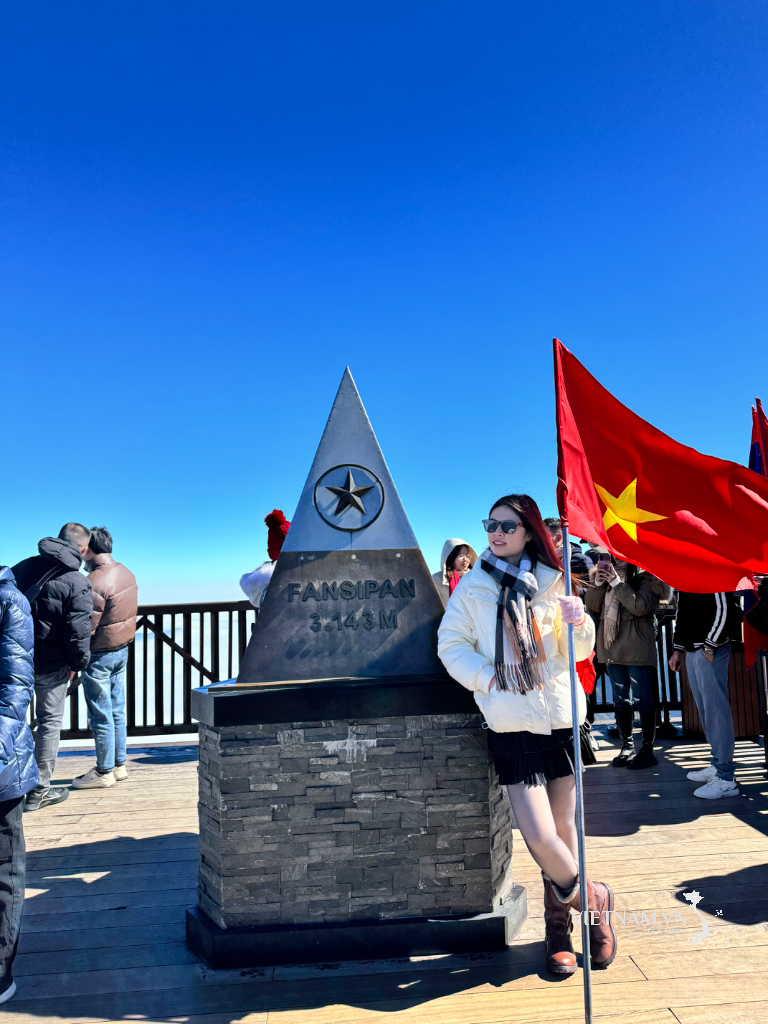
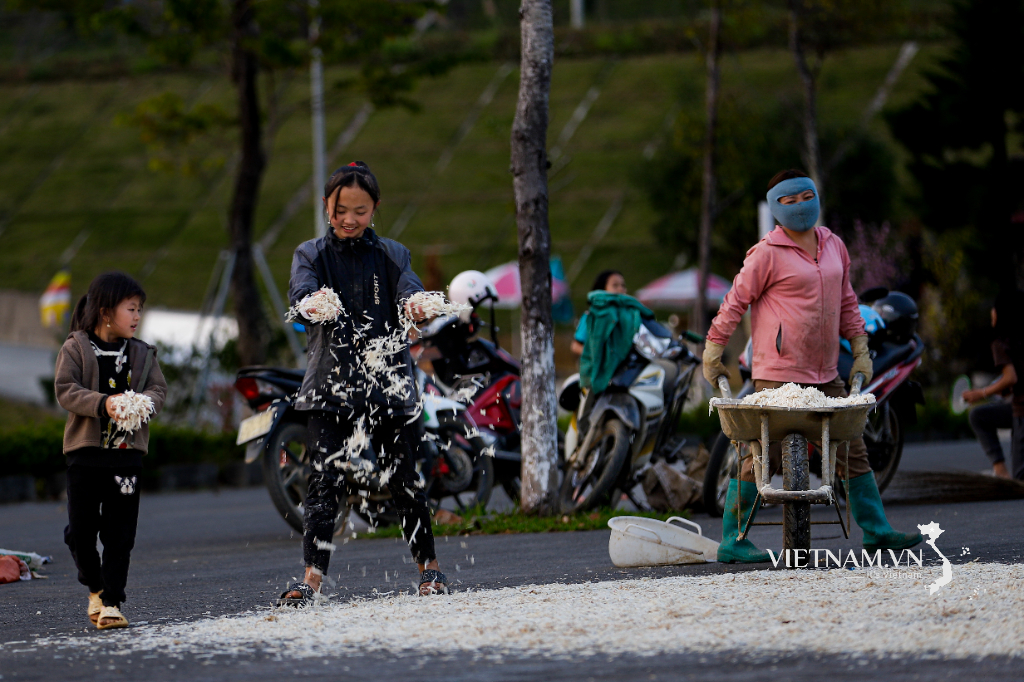

Comment (0)